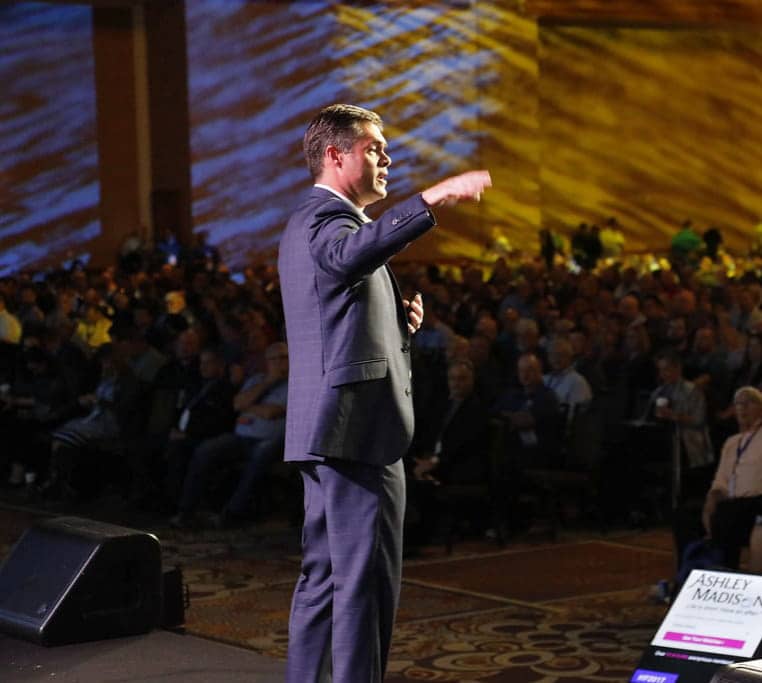5 Business Survival Lessons from Google’s Spying
A few months ago, Google got caught sniffing unencrypted wireless transmissions as its Street View photography vehicles drove around neighborhoods and businesses. It had been “accidentally” listening in on transmissions for more than 3 years – potentially viewing what websites you visit, reading your emails, and browsing the documents you edit and save in the cloud.
Public opinion blames Google, because Google is big and rich and and scarily omnipotent in the world of information domination. It’s fashionable to blame Google. What Google did was, to me, unethical, and they should eliminate both the collection practice and their archive of sniffed data.
But the greater responsibility lies with the businesses and homes that plugged in a wireless network and did nothing to protect it. Don’t tell me that you don’t know better. When you beam unencrypted data outside of your building, it’s no different than putting unshredded trash on your curb – YOU NO LONGER OWN IT. In fact, when you take no steps to protect the data that flies out of your airwaves and into the public domain, you really have no claim against someone taking it. It’s like finding a $100 bill on an abandoned sidewalk – you can claim it or the next lucky person will. Tom Bradley of PC World agrees:
The lesson for businesses and IT administrators is that you have to put forth some effort to at least give the appearance that you intend for the information to be private in order for there to be any inherent expectation of privacy. The burden should not be on Google, or the general public to have to determine whether the data you let freely fly about unencrypted is meant to be shared or is intended for a specific audience.
The Google story illuminates 5 Business Survival Lessons:
- This, like so many other business issues, is not a technology problem. The technology to keep out unwanted eyes exists (unless a government wants to tap you) and is accessible and affordable. The problem is human — someone has decided to ignore what they know should be done (especially having read this article)
- Private information that you fail to protect is no longer your private information (pragmatically and probably even legally).
- In the marketplace of data, just like in business, it is your responsibility to control what you can. Not everything is in your power, but safe wireless transmissions are. Whether it’s trash in a dumpster, posts on Facebook or wireless signals, the responsibility is yours and your business’s, not just Google’s, Facebook’s and corporate America’s. You must do your part.
- If you don’t employ at least WPA2 encryption currently on your wireless networks, I can nearly guarantee your data is being watched. And the expense of upgrading is minor compared to the prospect of breach, so lose that excuse.
- Prevention isn’t sexy, but it’s profitable. Whether your are preventing data leakage, budget shortfalls, or a heart attack, the key is to do the hard work before it happens.
John Sileo is the award-winning author of Stolen Lives and Privacy Means Profit (Wiley, August 2010), a professional Financial Speaker and America’s leading identity theft expert. His clients include the Department of Defense, FTC, FDIC and Pfizer; his recent media appearances include 60 Minutes. Contact him on 800.258.8076.



